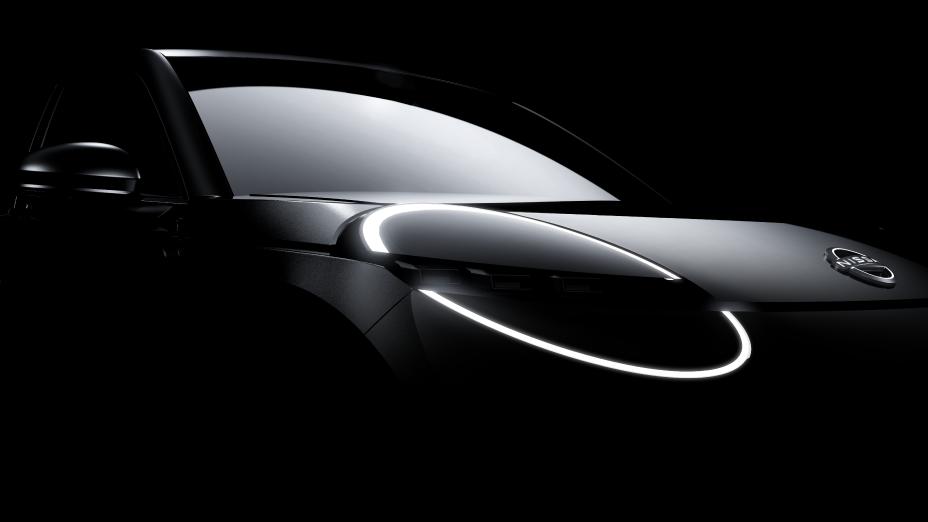
Nissan to use Kobe Steel’s low-CO₂ steel and green aluminum for Production
Nissan Motor Co., Ltd. (Nissan) and Kobe Steel, Ltd. (Kobe Steel) today announced that Nissan plans to use Kobenable Steel*1 for Nissan models from January 2023 onward. Kobenable steel, commercialized by Kobe Steel, significantly reduces CO2 emissions in the blast furnace process. Kobe Steel will also supply Nissan with aluminum sheets made from green-aluminum raw materials. This will be the first time Kobenable Steel will be used in mass-produced vehicles.
Nissan aims to achieve carbon neutrality throughout the entire product life cycle*2 by 2050. Since approximately 60% of a vehicle’s weight is made up of steel parts and around 10% of its weight is made up of aluminum parts, the use of green steel and green aluminum is a very effective way to reduce CO2 emissions during parts manufacturing, which is part of the vehicle’s life cycle.
Therefore, the companies’ decision to use the steel and aluminum for Nissan vehicles is due not only to the significant CO2 emission reductions but also because the same level of high quality as conventional products can be achieved.
Nissan models will use Kobenable Premier, which reduces 100% of CO2 emissions during manufacturing through the mass-balance method*3. The specific amount of steel to be used by Nissan will be determined through further discussions.
The green aluminum raw materials purchased by Kobe Steel to produce aluminum sheets for Nissan are electrolytically smelted using only electricity generated by solar power, thereby reducing CO2 emissions during aluminum ingot production by approximately 50%*4. Recycled aluminum materials generated at Nissan’s manufacturing sites will also be used to further reduce CO2 emissions during production.
Both companies will continue their efforts to reduce CO2 emissions with the aim of realizing a carbon-neutral society in the future.
Information Source: Read More “
Energy Monitors , Electric Power , Natural Gas , Oil , Climate , Renewable , Wind , Transition , LPG , Solar , Electric , Biomass , Sustainability , Oil Price , Electric Vehicles,Commodities , Shipping,

